In a world too often marked by division and indifference, there are rare moments in history that remind us of humanity’s deeper capacity for empathy. One such story begins in 1847, when the Choctaw Nation having recently endured their own tragic displacement chose to extend an unexpected and heartwarming gesture of solidarity. What makes this tale even more profound is how it came full circle more than 170 years later.
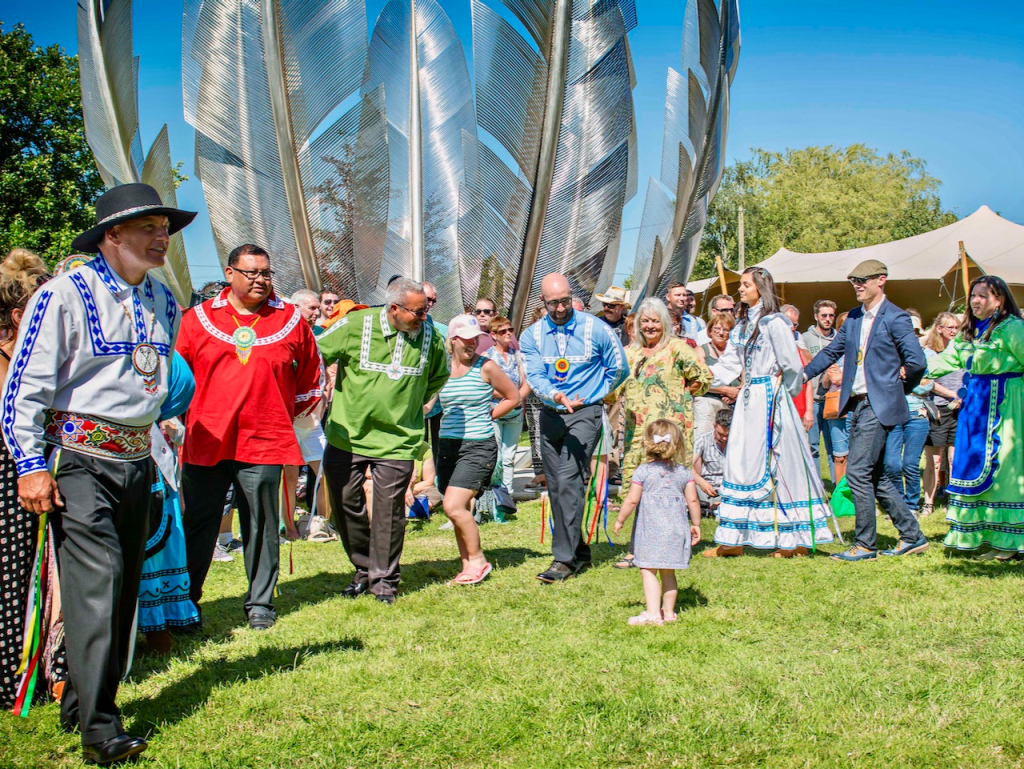
The Famine That Shook a Nation
In the mid-19th century, Ireland was devastated by the Great Famine a period of mass starvation and disease caused by a potato blight that wiped out the country’s primary food source. By 1847, the situation was dire. Families were dying, entire communities collapsing, and relief was slow and insufficient. International aid trickled in, but few would have expected help to come from across the Atlantic least of all from a Native American tribe facing its own struggles.
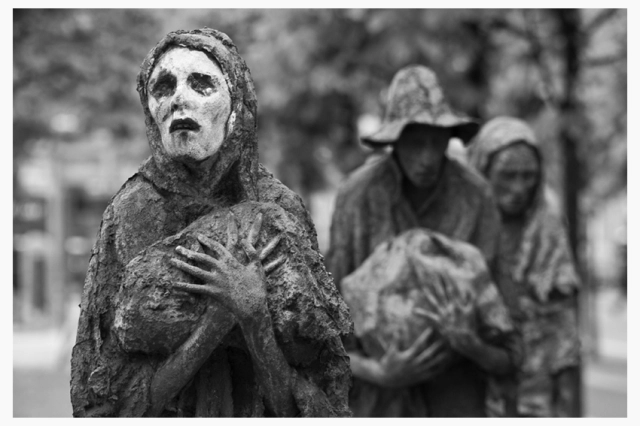
The Choctaw Nation’s Surprising Act of Generosity
Just 16 years earlier, the Choctaw people had been forcibly removed from their ancestral lands in the southeastern United States as part of the infamous Trail of Tears. Thousands died from disease, starvation, and exposure along the way. Yet despite their own suffering and economic hardship, the Choctaw Nation rallied together and raised $170 (equivalent to over $5,000 today) to send to the people of Ireland.
Video:
Choctaw-Irish Connection | A friendship built on an act of kindness centuries ago
This gift, though small in number by today’s standards, was monumental in spirit. It represented not just financial aid but a powerful statement of shared humanity. The Choctaws understood what it meant to starve, to be displaced, to be forgotten. And in that empathy, they chose to act.
Why This Act Meant So Much
The Choctaw donation wasn’t just charitable it was deeply symbolic. It came from a group of people who had been failed by governments and persecuted on their own land. They gave not because they had excess, but because they knew what suffering felt like. It was a lesson in compassion few could ignore, and its memory lived on especially in Ireland.
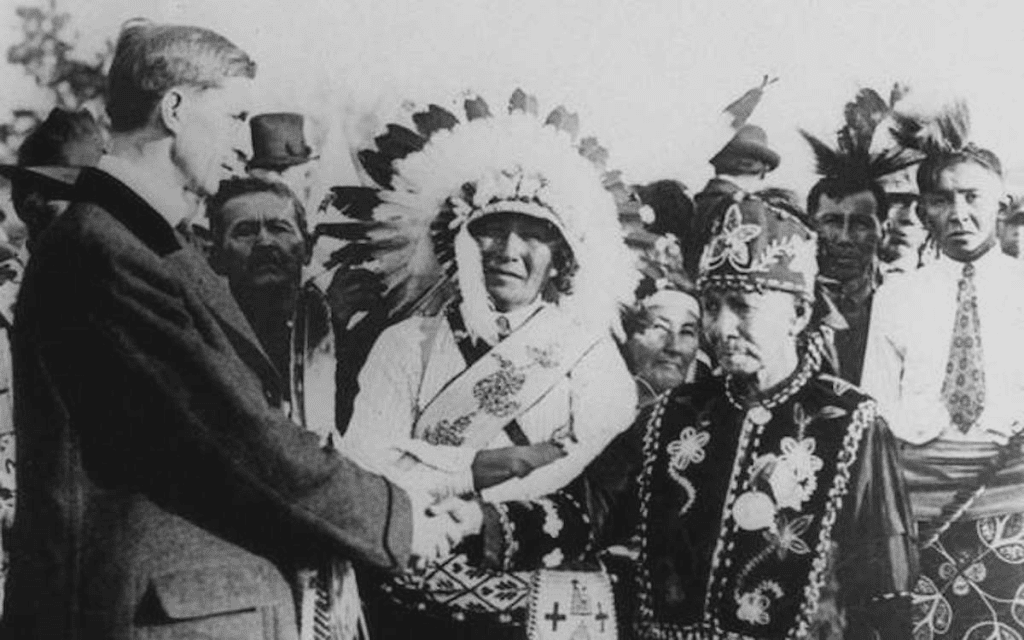
Ireland Returns the Kindness More Than 170 Years Later
Fast forward to 2020. As the COVID-19 pandemic swept across the globe, Native American tribes were once again disproportionately affected. Among the hardest hit were the Navajo and Hopi nations. Many lacked access to basic healthcare and resources, and the crisis intensified pre-existing vulnerabilities.
Then something remarkable happened: the Irish people remembered.
News of the Choctaw’s historic donation resurfaced in the public consciousness, prompting a surge of solidarity. Through a GoFundMe campaign called “Navajo & Hopi Families COVID-19 Relief Fund,” thousands of Irish donors contributed raising over $670,000 to help provide food, water, and supplies to struggling Native American communities.
Many Irish donors left heartfelt messages alongside their contributions:
- “In remembrance of the Choctaw Nation’s generosity to Ireland during the Famine.”
- “What you gave us in our darkest hour we have not forgotten.”
It was a long-awaited thank-you note, written not with ink, but with kindness and action.
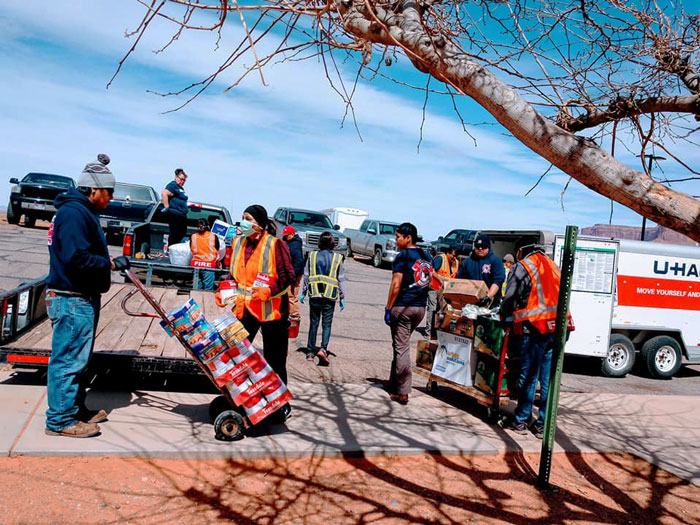
The Legacy of Mutual Compassion
This beautiful loop of giving reveals something profound: that real kindness has no expiration date. It doesn’t fade with time, nor does it diminish with distance. The Choctaw Nation’s gesture, rooted in empathy and moral courage, sparked a legacy that reached far beyond borders and centuries.
Ireland’s response, in turn, wasn’t just charity it was honor. An acknowledgment of a debt not in dollars, but in dignity and heart.
Video:
The Choctaw Nation’s contribution to Irish famine
What Can We Learn From This?
In an era where global crises are becoming more common, this story is a reminder that compassion isn’t limited to governments or large organizations. It’s about people helping people, regardless of where they’re from or what language they speak.
The Choctaw-Irish connection teaches us that a single act of selflessness can echo for generations. It shows us that empathy can cross oceans, and that even the smallest act of giving especially in times of struggle can be remembered forever.
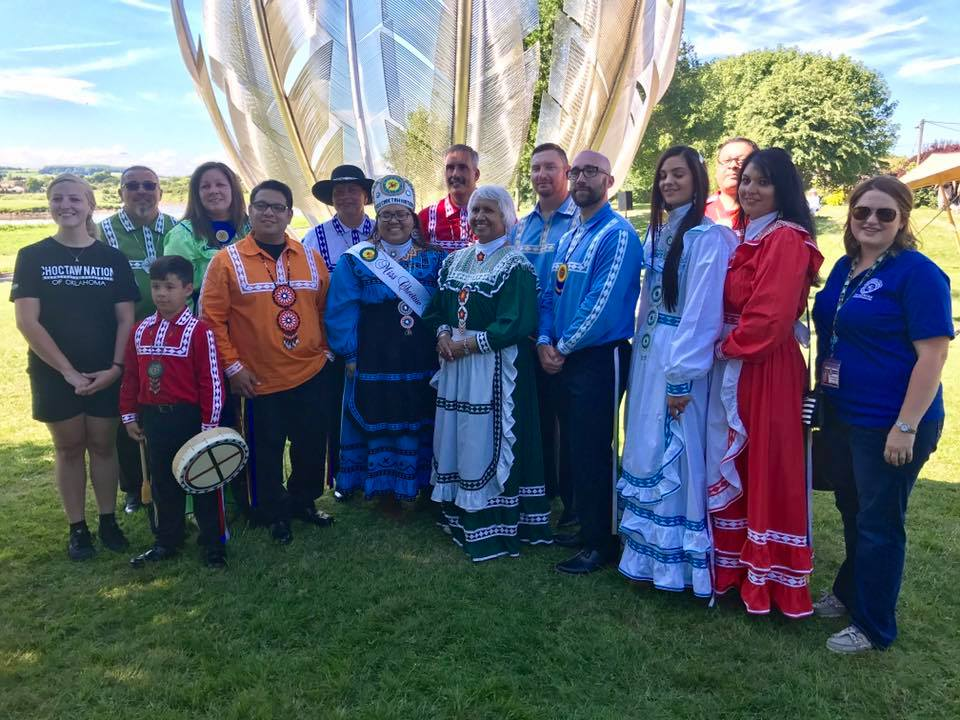
Conclusion: A Legacy Worth Continuing
The kindness shared between the Choctaw Nation and the Irish people is more than a historical footnote it’s a living testament to human decency. In times of struggle, it challenges us to look beyond our own circumstances and consider how we can lift others.
Because when we choose to help, even when we’re hurting, we create ripples that can circle the globe and last a lifetime.


